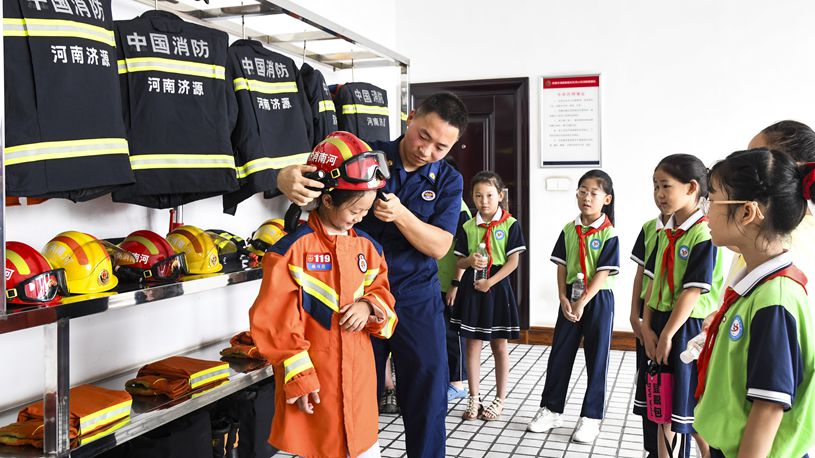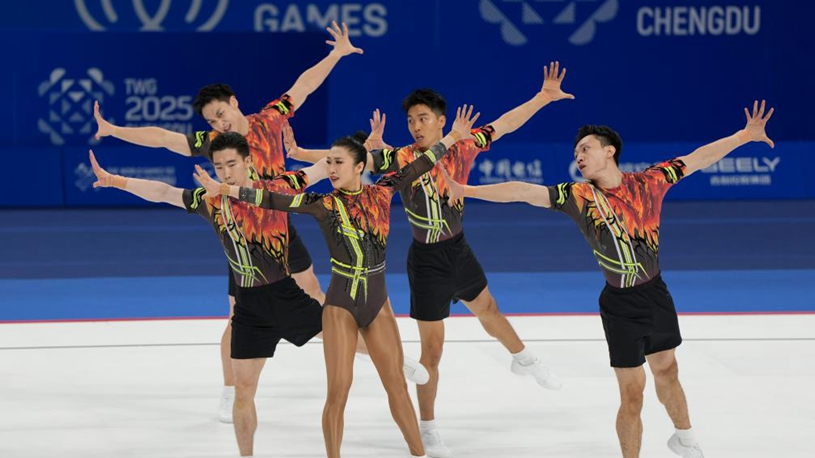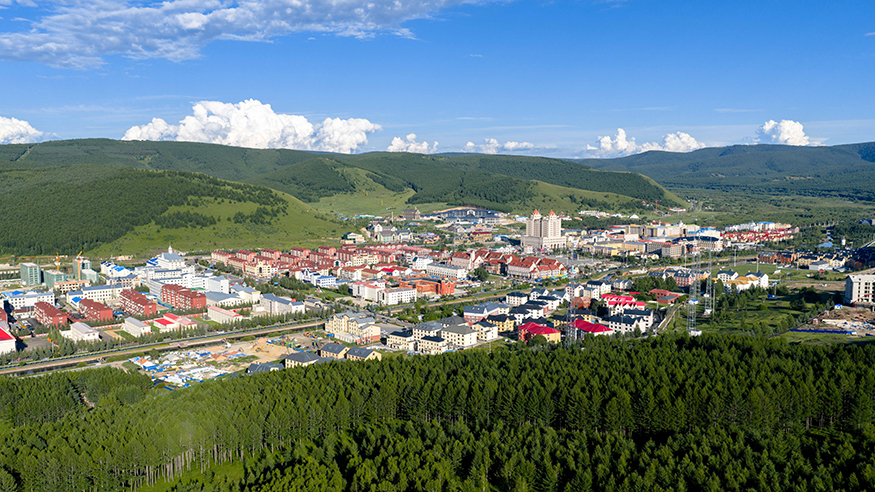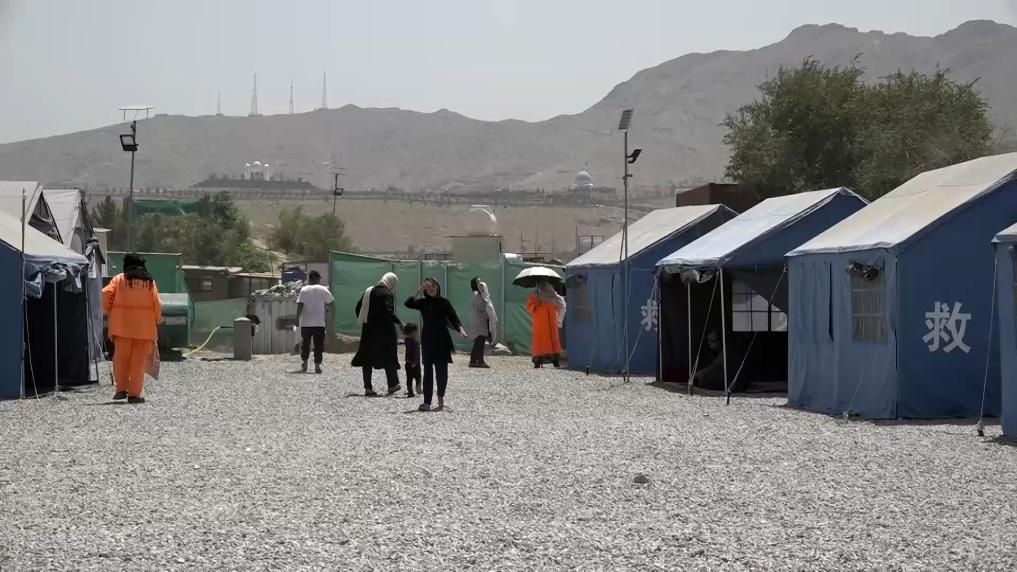Interview: China carries torch for future "humanoid robot Olympics," says robotics expert
Source: Xinhua
Editor: huaxia
2025-08-18 21:26:15
BEIJING, Aug. 18 (Xinhua) -- The world's first World Humanoid Robot Games closed in Beijing on Sunday, with the next edition to be held in Beijing again in August 2026.
Zhou Changjiu, president of the RoboCup Asia-Pacific Confederation and one of the co-organizers of the games, told Xinhua in an interview that the successful hosting of the games in China holds profound significance.
The Games, opened last Thursday, attracted 280 teams from 16 countries competing in 26 disciplines from Friday through Sunday. They showcased cutting-edge advancements in the field of humanoid robots -- particularly in intelligent decision-making and motion control.
Zhou noted that current advancements in humanoid robots are primarily in motion control, making it highly suitable for integration with competitive sports such as boxing and soccer, which are ideal for public demonstrations.
"Soccer is played by fully autonomous robots making AI-driven decisions, while boxing relies on remote operation. Each involves distinct decision-making logic," he explained.
"Once these strategies are learned through AI, they can be applied across many other fields -- such as household, factory and educational settings," Zhou added.
Zhou, who also serves as vice president of the RoboCup Federation, has extensive experience in robotic soccer competitions. He emphasized that hosting the inaugural World Humanoid Robot Games in China, allowed the country to showcase its strengths in terms of humanoid robot industry chain, robot hardware and large user base to the rest of the world.
Zhou mentioned that all foreign soccer teams at these games had used China-made humanoid robots. By deploying their AI algorithms on these hardware platforms, international teams gained deeper insight into China's robotic technologies.
"This experience demonstrated to global participants how partnering with China allows them to combine cutting-edge robotic hardware with their AI solutions to address challenges across specialized fields -- like rescue operations, domestic services and industrial logistics. I'm confident this will lead to more Chinese humanoid robots evolving into practical problem-solving technologies."
As an expert with years of experience in robotics, Zhou expressed optimism about the future development of humanoid robots.
"Humanoid robots consist of three parts and in a way which is similar to humans -- the 'body' (hardware), the 'brain' (AI cognition) and the 'cerebellum' (motion control)," he revealed.
"In my view, the robot's physical structure has already reached an advanced level, and motion control is also sufficient. However, the current limitation lies in the 'brain,' or the AI's understanding of the physical world," Zhou noted.
Zhou stressed that if robots could comprehend the physical world as humans do -- they would seamlessly integrate into homes, factories and hospitals. He is confident that breakthroughs in this field will occur within the next three to five years.
At the closing ceremony of the games on Sunday, the World Humanoid Robotics Games Federation was officially launched by the World Robot Cooperation Organization, the Global Digital Economy Cities Alliance, the RoboCup Asia-Pacific Confederation and the Chinese Institute of Electronics.
Reflecting on the 2025 games, Zhou said: "I've been working in humanoid robotics for nearly 30 years. At the opening ceremony, seeing the stadium filled with so many people, made me very proud. China has now carried the torch for the World Humanoid Robot Games."
"I'm glad to see that China hosted it. It's making history. A decade or two from now, we'll look back and recognize this as the birth of the humanoid robot Olympics. Just as the Olympic Games originated in Ancient Greece -- future generations will see Beijing as the birthplace of the modern humanoid robot Olympics," he added. ■












Comments